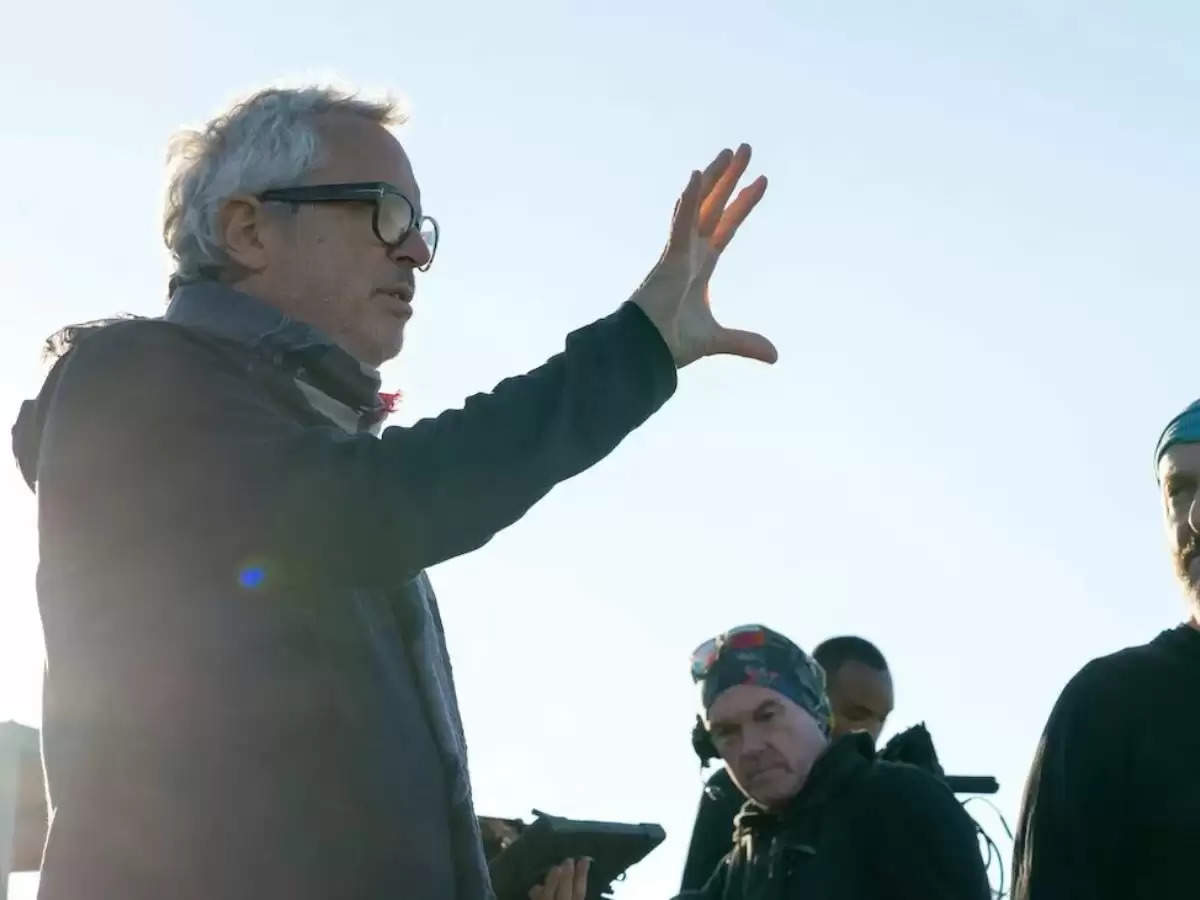Camerimage directors talk about screening 'Rust' and the decision not to invite Alec Baldwin

Times of discover News: The Energia Camerimage Film Festival in Poland has always been a film lover’s dream. Founded 31 years ago as a specialized event focused on cinematography, the Torun festival has expanded significantly in recent years, but retains its essence as a pure celebration of the art of cinema, with the craftsmanship behind the camera — including DPs. Directors and production designers — given priority over celebrity and industry roles.
“People keep coming back to Poland because they get a chance to talk about art; it’s not just another trade show or festival with a red carpet every night,” said Kazimierz Suwała, director of the week-long Camerimage Festival, which typically attracts 700 to 800 guest filmmakers every November. “You come here to meet your fellow artists. It’s not like this year’s festival will be without stars.
Two-time Oscar winner Cate Blanchett will head the festival's main competition jury, Emmy-winning Shogun star Hiroyuki Sanada will receive a new award honoring excellence in TV, and acclaimed indie filmmaker Ed Lachman will receive a lifetime achievement award. The festival also presented a widely watched industry moment ahead of the world premiere of the indie Western Rust, starring Alec Baldwin, which resulted in the death of filmmaker Halyna Hutchins in an accidental shooting on stage.
It also includes a strong on-camera look at 2024. In August, industry group Women in Cinematography launched a petition calling on the festival to do more to support the work of female filmmakers, who are woefully underrepresented in the business. Marek Zydowicz, founder and CEO of Camerimage, responded to an editorial in Cinematography World magazine last week. But rather than commit to improving representation in their programs — as leaders of the Cannes, Berlin and Tokyo film festivals have done in recent years — Zydowicz's somewhat complex column argues that women should put more pressure on representation, which could reduce the artistic quality of the program.
There was a tremendous backlash from the international film community, with several major film unions publicly condemning the comments and Oscar-winning director Steve McQueen, who was scheduled to attend Camerimage's opening night screening of his latest feature Blitz, canceling his appearance at Did It. On Friday, filmmaker Coralie Fargeat pulled her film The Substance, starring Demi Moore and Margaret Qualley, from the festival slate. Zydowicz issued a formal apology, saying he wanted to take this opportunity to "sit down in an open forum to talk about moving forward together in an open and inclusive way." For her part, Blanchett continued to celebrate the festival, releasing a statement with her fellow pageant jury members, saying "we welcome the debate on gender representation" and "we are proud of our contribution to the festival."
"I'm looking forward to engaging in meaningful conversations with colleagues." This year's Camerimage festival will be held Nov. 16-23 in the Polish medieval town of Torun, a UNESCO World Heritage Site. Ahead of the festival, THR met with Suwala — who is Zydowicz's second-in-command — to discuss the vision behind this year's edition and the steps the festival has taken to address the issues that have arisen in the recent controversy. What do you think of that? It's great to see more filmmakers returning to classic formats — which still have such a legacy — because they're as good as anything available today.
We here at the festival have always appreciated film technology of all kinds and 'ehas are the only tools, or colors, available to the painter — whether 35mm or generative A.I. Indeed, there are many concerns about A.I. — some worry that it will eventually enable us to replace everything in the filmmaking process — including DPs, actors, set design, etc. — so we're here at the festival to discuss this. We are planning to discuss whether this technology is the beginning of the end or just the latest tool that will empower filmmakers. These types of conversations have always been an important part of our program.

